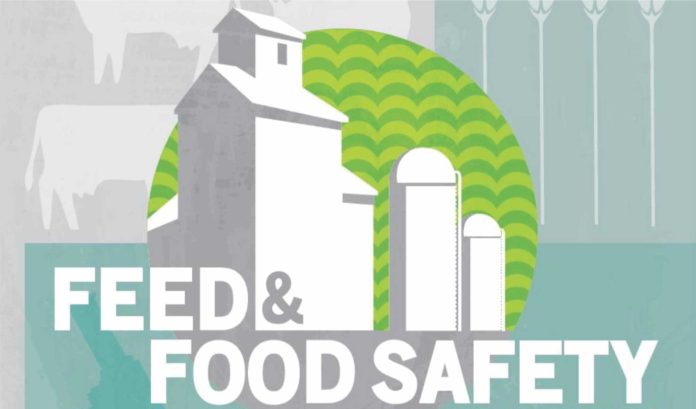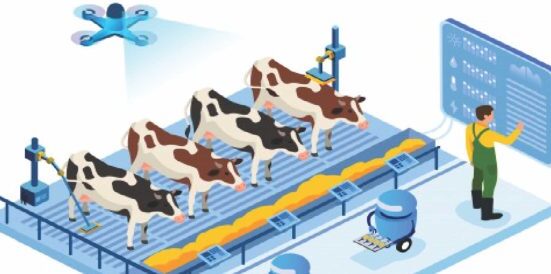 India’s regulatory bodies keep on conducting nationwide surveillance in its ongoing effort to curb adulteration and ensure the safety of animal-origin products. These bodies coordinate with the industry association to amend the present regulations or bring new ones to the industry. Think Grain Think Feed interacted with Suresh Deora, Chairman of CLFMA of India to understand such changes and what is the way forward.
India’s regulatory bodies keep on conducting nationwide surveillance in its ongoing effort to curb adulteration and ensure the safety of animal-origin products. These bodies coordinate with the industry association to amend the present regulations or bring new ones to the industry. Think Grain Think Feed interacted with Suresh Deora, Chairman of CLFMA of India to understand such changes and what is the way forward.
Present Status of Feed Safety Infrastructure
The Bureau of Indian Standards (BIS) is a regulatory body that grants licenses on receipt of an application, but the enforcement of the compulsory BIS Certificate is done by the authorities notified for quality control orders, the Food Safety and Standards Authority of India (FSSAI) being one such authority for food products and recent intervention has been done in feed products also.
On October 6, 2021, FSSAI issued a directive specifying that all commercial feeds intended for meat and milk-producing animals must comply with the BIS specifications (Indian Standard, IS 2052: 2009- Compounded Feeds for Cattle – Specifications, 4th revision) and shall carry the BIS mark. But it has not yet been implemented. Though BIS has already granted 124 licenses to manufacturers for the use of the BIS standard mark on
Compounded Feeds for Cattle as per Indian Standards IS 2052: 2009.
Almost 50 feed manufacturing companies, mostly big players, are registered with BIS. This is minuscule compared to the size of the industry. As more feed manufacturing companies start adopting the regulations, the lab infrastructure also needs to be further developed.
There is a lack of National Accreditation Board for Testing and Calibration Laboratories (NABL)-accredited food & feed testing labs. The centre for Analysis and Learning in Livestock & Food (CALF) at NDDB Anand is one of the most prominent multidisciplinary analytical laboratories in the country. The facility tests feed samples from across the country, and recently VERKA also set up such infrastructure. Still, there is a long way to go.
Many smaller players, especially in mash feed manufacturing, do not follow any product identification or other quality parameters.
States such as Andhra Pradesh, Kerala, and Odisha have Livestock Feed acts under which law enforcement is done to ensure the quality of packaged animal feed and the expiry date printed on the packets. Other states and UTs should also be adopting it to ensure safe feed and hence safe animal food production.
Is BIS Certification Transferable?
As of now, there is no clarification on whether a company already registered with BIS would need to apply for further registration if the FSSAI regulation is implemented or how the company should proceed in the case of multiple species feed manufacturing.
Role of Regulations in Mitigating Aflatoxin
Aflatoxin is a huge concern for the poultry and livestock industries. Especially in the case of animal nutrition, almost 70-80% consists of fodder, which is not regulated and highly susceptible to alflatoxin development because of favorable climatic conditions in India. Hence, without fodder quality assurance, there would be hardly any change in the dairy industry.
DDGS
E20 fuel, the government aims to blend 20% ethanol with petrol by 2025 where corn will be a major ingredient. This will bring more DDGS (a by-product) and might challenge the availability of corn in the feed sector. Regular intervention is needed to get the desired quality of DDGS for the animal feed industry which otherwise can be another huge concern.
Initiatives from the New Chairman
As the chairman of the esteemed association, I am planning to implement the following:
1. Run for protein
2. Segregation of feed millers depending upon their major interest in any species
3. Establish a pilot feed mill with the ministry to train young staff







